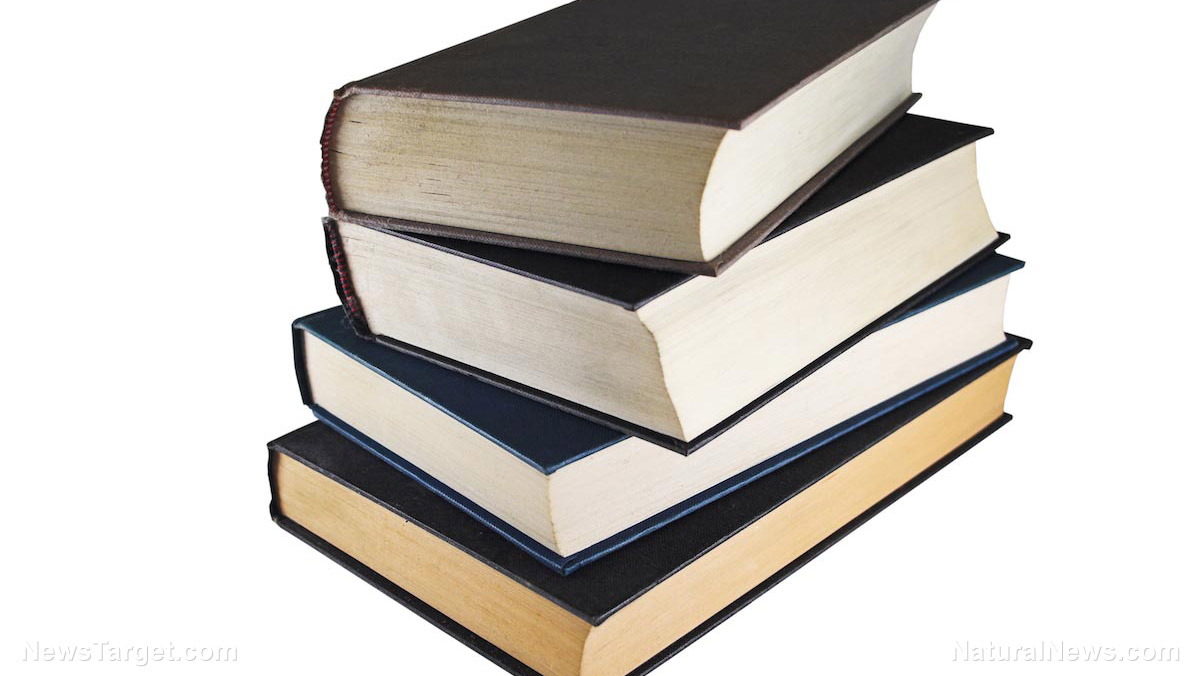
Advertisement
Many people, even preppers, greatly underestimate how much we rely on the internet and technology for nearly all of our information and communication needs. Since most people rely on digital information so much, it can be easy to forget about important data when we need it the most. However, when SHTF, there are so many ways we could lose access to this vital information. The power grid could fail, and even if you do have a backup power generator, you might still not have access to the internet. An EMP attack could occur and knock out all electronic devices within its range. If any of these scenarios were to happen, how then would you be able to retrieve this crucial, potentially life-saving data, such as first aid techniques, prepping strategies, and other survival tips? Physical books don’t rely on battery life or internet connection. Your prepper library should contain only the most useful books that are full of relevant information.
Here are some of the best books that can provide an invaluable resource of knowledge. (h/t to EdThatMatters.com)
Medical reference books
Medical preparedness books and books on first aid will come in handy if you have to deal with any injuries and illnesses, especially if you won’t have access to medical assistance. You can also use these to help maintain your own health if you have any chronic health conditions. Useful books you should add to your library include anatomy and physiology textbooks, medical dictionaries and encyclopedias, and guides to pharmaceutical drugs. Other than books on conventional medicine, you should also stock up on books on holistic medicine, herbal remedies, and books on how to make your own homemade salves, lotions, and potions. (Related: Your basic homemade medicines: 10 tinctures to keep in stock.)

Local and regional works
Learn everything you can about your general location by stocking up on books about your local geography, biology, environment, ecosystems, and plant life. This will let you know what kind of crops you can grow for your homestead. You can learn how to best make use of the available resources in your surrounding area. You can even find out what kind of plants you can forage for that are either edible or useful as herbal remedies.
Fish and wildlife reference books
It is important to find out what types of local fish and wildlife you can find in your area if you plan to live off the land. This can be useful if you plan to fish or hunt game for food, but in the right circumstances, some animals may be farmed or domesticated. You can use fish and wildlife reference books to learn how to breed animals efficiently as a food source.
Gardening reference books
If you plan on growing your own survival garden, you will need to learn how to make the most efficient use of the land you have. Gardening reference books can teach you how to maximize your productivity, and grow and maintain healthy crops.
Cookbooks and recipe books
Once you’ve grown your livestock and produce, you’ll need to learn how to best cook them. Unless you’ve memorized all the possible recipes you can make, you will still need a cookbook to guide you. Some cookbooks may even provide recipes for meals that don’t require ovens or other conventional cooking methods.
History and social studies textbooks
Even when SHTF, you will need a way to stay civilized. These books can keep your mind sharp as you learn how other people survived real-life events in the past. They can also teach you about tactical methods and survival strategies.
Prepper fiction
The ability of fictional works to inspire others during times of great difficulty should not be overlooked. Sometimes, excellent literature can provide all the motivation you need to press on, even during dire situations.
Sources include:
Submit a correction >>
This article may contain statements that reflect the opinion of the author
Advertisement
Advertisements
















